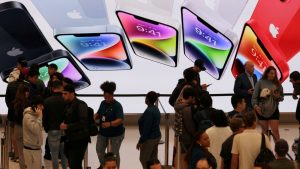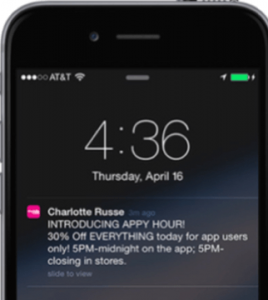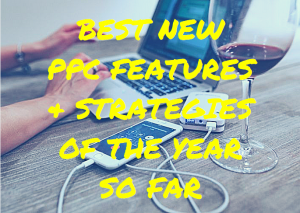The one thing companies need to build a more ethical, sustainable supply chain
At Fast Company’s Innovation Festival, brand leaders talked about what it takes to create a supply chain that’s better for the planet.
When you buy a set of sheets from a big-box store, do you know anything about where the materials come from, or the nuances of that brand’s supply chain? Likely not—and the company might not, either.
“These are massive organizations that have been making these commoditized products for generations. The way their supply chain works was passed down to them by somebody else, and passed down to that person from someone before,” Scott Tannen, founder and CEO of Boll & Branch, said at the 2024 Fast Company Innovation Festival. “So the system in itself doesn’t really enable people to ask questions.”
And if an employee does try to ask questions, he added, they might be met with some resistance—like a CFO bringing up how supply chain tweaks could affect margins. But when Tannen launched his bedding company in 2014, he didn’t inherit a supply chain. He had to start from scratch, using the opportunity to make decisions that would ensure his supply chain, and products, are better for the planet and for people.

So Boll & Branch began with the raw material, cotton, “and understanding the human impact—both from a financial and a human health standpoint—of cotton in the developing world,” he said, which can be summed up as “really, really bad.” Cotton farmers in India have killed themselves because of unmanageable debt, exacerbated by the high price of genetically modified seeds in the market. Conventional cotton farming also requires pesticides and fertilizers that have been linked to health (and environmental) issues.
On those markers, organic cotton fares better. “That became a first choice,” Tannen said. “And then that choice begets another choice and another choice and another choice.” Following the path of each “better” choice helped him build a responsible supply chain from the ground up. Adapting an existing supply chain to be more responsible—with all those first choices already built in—wouldn’t have allowed him to really make the positive impact he wanted.
Boll & Branch took control of every aspect of its supply chain, transporting the cotton to spinners and dyers rather than working through middlemen like many other big companies. On its website, Boll & Branch lets customers follow that journey themselves. By typing in their product’s lot number, they can see where the cotton was sourced, spun, and woven. “It helps us from a QA standpoint if we have a product issue, but it also holds that system of accountability,” Tannen said. “You can’t actually create a SKU within our system unless all of these things are filled in.”

It’s not only the bedsheet industry that has a supply chain rife with issues. Chocolate is another product often created at the expense of environmental and human welfare. That’s why traceability is also core to Tony’s Chocolonely, a brand that aims to remove child labor from chocolate production—not only its own, but for other chocolate companies, too. Joke Aerts, who was on the panel with Tannen, works for Tony’s Open Chain, an initiative to help chocolate brands ethically source their cocoa.
Tony’s monitors and shares in its annual reports just how many cases of child labor it found in its supply chain. The industry average for cocoa is around 46% of total labor; for Tony’s, it’s less than 4%.

But that focus on traceability can sometimes reveal harsh truths. When Tony’s Open Chain onboards a new cocoa co-op to its supply chain, there are likely higher rates of child labor there. Tony’s remediation efforts (like paying a living income and signing long-term contracts) ultimately help suppliers move away from child labor.
Tony’s Open Chain is set to onboard eight new cocoa co-ops this year, “and I fully expect that in our next year’s impact report, I’m going to be reporting thousands and thousands and thousands of cases of child labor,” Aerts said. “But our point is we want to find the cases so that we can work with the families and, say, close a case of child labor. That’s the leading indicator that we want to talk about. Yes, we’re finding child labor, but we’re fixing it.”

Other brands likely simply aren’t sharing this reality at all—but building a more sustainable supply chain requires that honesty. “Everybody knows it’s happening, but it’s a question of, are you being open about it? Are you hiding it?” Aerts said. “And more importantly, what are you doing about it?”
ABOUT THE AUTHOR
Fast Company
(4)
Report Post





